A unique, safer-to-use pickling paste
Many of the processes used for pickling stainless steel lead to the development of hazardous nitric fumes. We have developed a ONE Technology, to avoid this with a unique low fuming pickling paste which reduces the toxic nitric fumes by 70%.
Standard applications
The pickling paste, in this regard, restores stainless steel surfaces that have sustained damage during fabrication operations, such as welding, forming, cutting, and blasting. It eliminates weld oxides, the underlying chromium-depleted layer, and other defects that may lead to local corrosion. Avesta BlueOne™ Pickling Paste 130 is universal and suitable for brush pickling of welds and smaller surfaces on standard stainless steel grades like 304 (1.4301) and 316 (1.4401). For more challenging pickling operations, involving high-alloyed steel grades and low temperatures, we recommend using Avesta RedOne Pickling Paste 140 as a stronger alternative.
Features
- Our technology, ONE Technology, reduces NOx emissions by 70%, thereby preventing workers from inhaling dangerous acid fumes.
- Additionally, it results in higher yields and a 60% reduction in consumption, owing to its visible blue color and free-flowing consistency, which simplifies application.
- Moreover, it improves pickling results, offering a brighter surface with less discoloration.
Packaging
Avesta BlueOne™ Pickling Paste 130 comes in 2.4kg and 13kg polyethylene bottles. The availability of different package sizes may vary by market. Furthermore, all packaging materials comply with UN regulations for hazardous goods.
Storage
When it comes to storage, store Avesta BlueOne™ Pickling Paste 130 indoors at room temperature. Keep containers properly closed, in an upright position, and out of reach of unauthorized individuals. The product is perishable and should not be stored longer than necessary. If it has decomposed during storage, stir the gel before use. It has a maximum shelf life of two years when stored at room temperature. However, it’s important to note that exposure to higher temperatures (>35°C) may damage the product and reduce its shelf life.

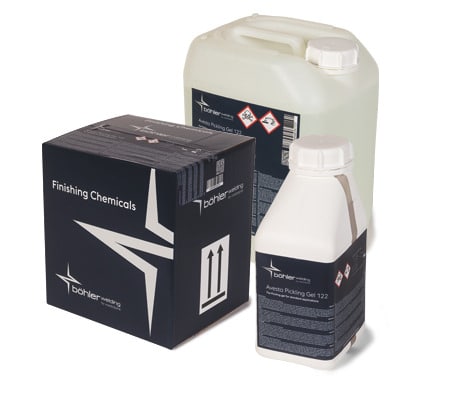

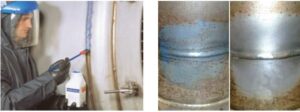
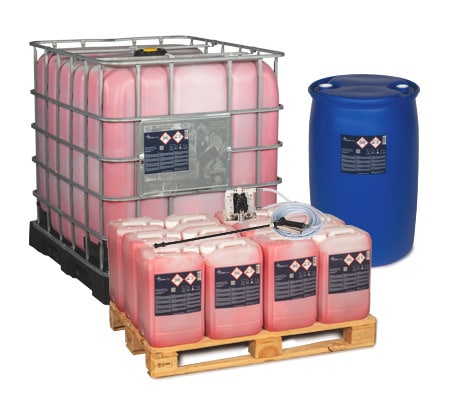
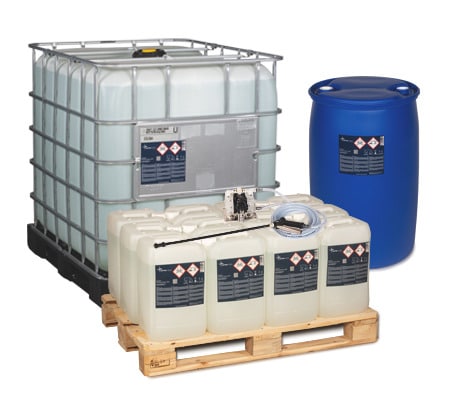
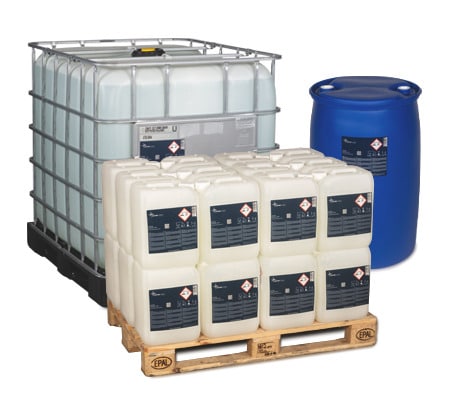
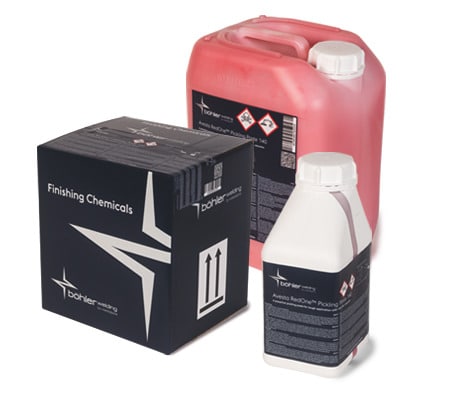
Reviews
There are no reviews yet.